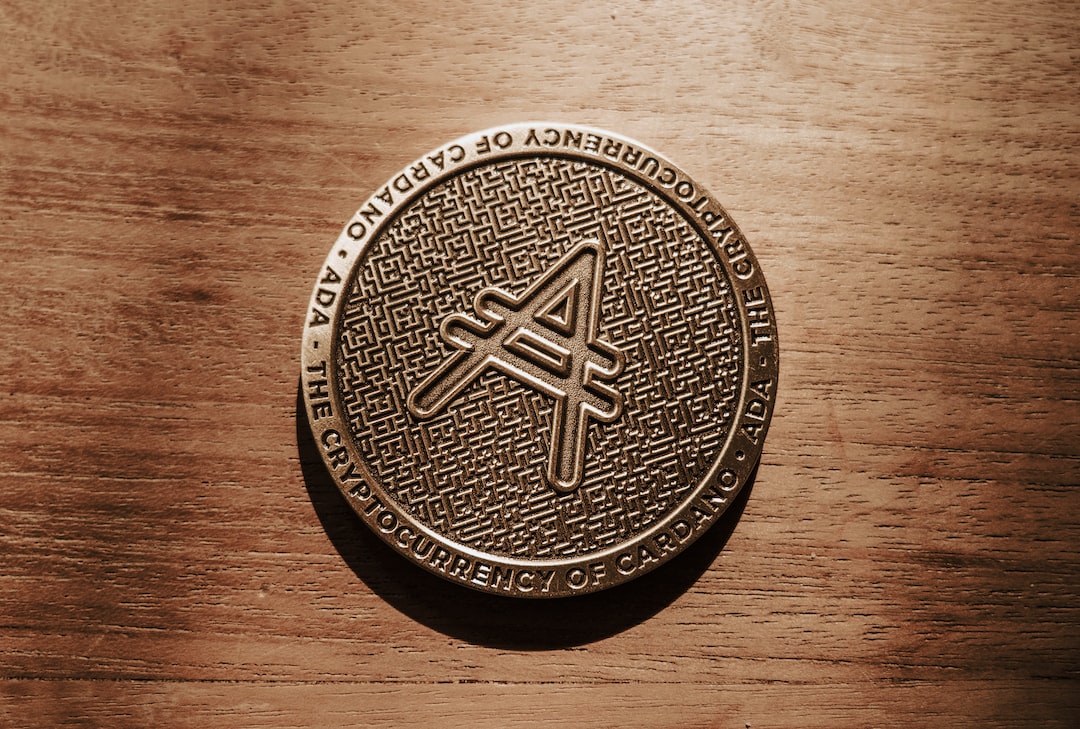Itaú Unibanco Enters the Crypto Space with Bitcoin and Ether Trading Service
Brazil’s largest private bank, Itaú Unibanco, has joined the crypto industry by offering a new trading service, starting with Bitcoin (BTC) and Ether (ETH) trading for clients of its investment platform. The bank plans to add other cryptocurrencies in the future, depending on the progress of crypto regulations in the country.
“It starts with bitcoin, but our overarching strategic plan is to expand to other crypto assets in the future.”
This move reflects the growing demand for cryptocurrency services and follows a global trend of traditional financial institutions incorporating crypto services. Itaú aims to differentiate itself from competitors such as MB, BTG Pactual’s Mynt, and international platforms like Binance.
Earlier this year, two local entities, XP brokerage and PicPay, exited the crypto market due to regulatory uncertainty. However, recent data suggests a strong demand for digital assets among Brazilian investors, particularly for Bitcoin and altcoins.
Demand for Crypto Services in Brazil
A recent Chainalysis report indicates that Brazil has a thriving crypto market, with traders and retail users demonstrating resilience even during bear markets. There is also significant demand for spot Bitcoin exchange-traded funds (ETFs), suggesting a rising interest in digital assets among Brazilian investors.
Hot Take: Itau Unibanco Expands into Crypto Market
Itaú Unibanco’s entry into the crypto space by offering Bitcoin and Ether trading services demonstrates the growing acceptance and demand for digital assets in Brazil. As the largest private bank in the country, Itaú has a competitive advantage over local exchanges and faces competition from both domestic and international platforms. With plans to expand its cryptocurrency offerings in the future, Itaú aims to meet the evolving needs of its clients and capitalize on the increasing popularity of cryptocurrencies. This move highlights the ongoing convergence between traditional financial institutions and the crypto industry, signaling a shift towards mainstream adoption.





 By
By
 By
By
 By
By
 By
By
 By
By
 By
By